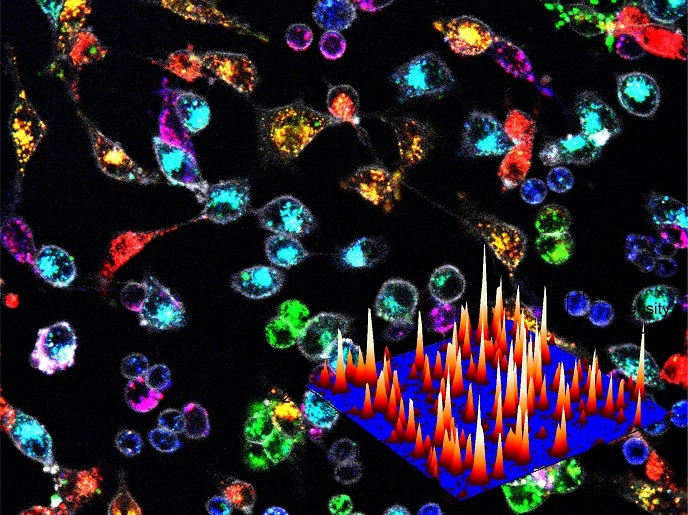Building a biorefinery value chain
Climate change and population pressure threaten sustainable development all over the world. One of the EU's key strategies to improve sustainability in Europe is to build a bio-based economy. Promising to revolutionise sectors such as agriculture, health, clean energy and the chemical industry, a bioeconomy requires the development and implementation of innovative biorefinery processes. This was the aim of the EU-funded 'European multilevel integrated biorefinery design for sustainable biomass processing' (EUROBIOREF) project. The project advocated a multi-faceted approach to the bioeconomy, involving non-edible feedstocks, multiple biochemical and thermochemical processes, as well as a myriad of useful industrial products. It also sought to create a unified and connected biomass industry through improved efficiency and networking. More specifically, EUROBIOREF tested new oil crops and lignocellulosics and established large test fields for feedstocks such as willow, safflower and castor. It also worked towards a biomass supply logistics model and specifically applied it to four of the crops studied under the project. EUROBIOREF constructed a new, highly efficient pilot plant in Norway to process woody biomass rapidly. Project partners also filed 33 new patents (e.g. for vegetable oil conversions) and described and demonstrated five value chains — corresponding to five different process scenarios — for biorefineries. Finally, EUROBIOREF organised in Brussels a two-day conference on the future of the biorefinery industry. This served to disseminate the project's findings to the European biotechnology sector. The project is expected to have important socioeconomic impacts such as creating specialised jobs in rural areas and encouraging business in local communities. With more such processes and initiatives, Europe can slowly but surely move to a more sustainable bioeconomy.
Keywords
Biorefinery, value chain, bioeconomy, sustainable development, biomass processing,aviation biofuels, advanced biofuels, biofuel standardization







